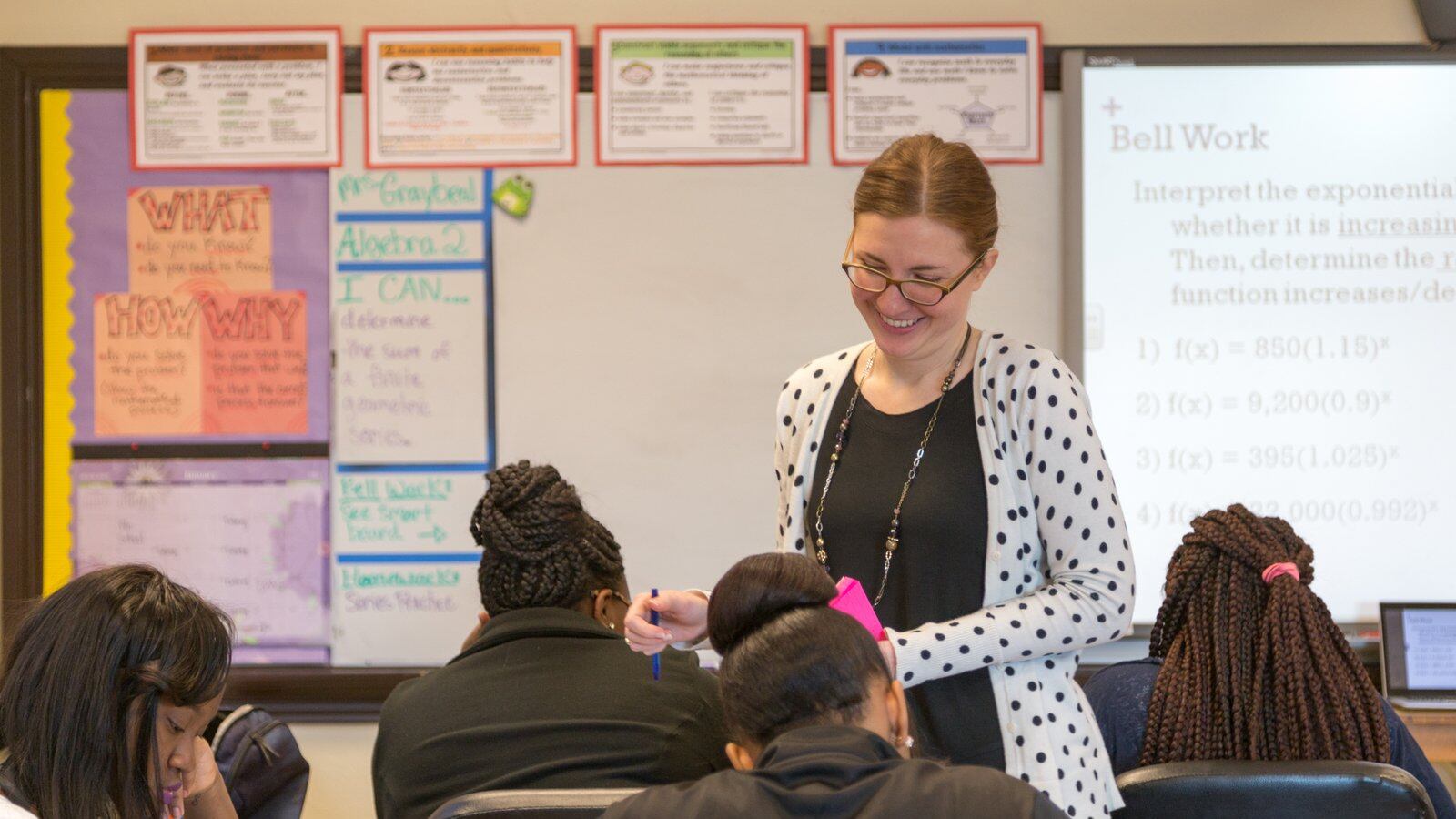Tennessee teachers are more concerned than principals about discipline at their schools, according to a new survey that shows a similar disconnect over the amount of feedback that teachers get from their administrators.
About 69 percent of teachers surveyed say their schools effectively manage student behavioral problems, while 96 percent of administrators say their schools handle discipline just fine.
The discrepancy is one of many data points unveiled Tuesday by Tennessee’s annual educator survey, conducted jointly by the State Department of Education and Vanderbilt University. Now in its sixth year, the survey found again that teachers are generally happy with their jobs, increasingly satisfied with their evaluations, and still tired of tests. But it also suggests that not all educators agree on two major issues — discipline and teacher feedback.
The gaps in perception suggest that school administrators may not be aware of their teachers’ concerns on discipline. One teacher wrote: “Discipline in my school is very inconsistent and greatly depends on who the student is, not what the student has done.”
The findings come as high suspension rates for poor students and students of color are getting more national attention. They also indicate that Tennessee needs to start making discipline policies a bigger priority, says Education Commissioner Candice McQueen.
“This points to specific areas where we need to take more concrete actions,” McQueen said during a conference call with reporters. She added that teachers are asking for more support to meet their students’ non-academic needs.
About half of the state’s 64,000 teachers took the survey, down slightly from last year. Some of the lowest response rates were from Tennessee’s two largest districts, Shelby County Schools in Memphis and Metro Nashville Public Schools, as well as the state-run Achievement School District.
On feedback, teachers reported that they aren’t getting the input from principals that they were promised. Administrators say they are.
Ninety-four percent of administrators report that teachers received feedback on their previous year’s evaluation, while only 58 percent of teachers say that they received such feedback.
Nate Schwartz, the department’s chief research and strategy officer, said administrators generally answered more positively than teachers on every question asked, which he described as expected and unconcerning.
The discrepancy on discipline is significant because Tennessee clearly has a discipline problem, Schwartz told members of the State Board of Education in July during a preview of the survey’s findings. He noted that two-thirds of the state’s African-American students are suspended between the sixth and ninth grades.
Schwartz noted Tuesday that the “roller-coaster” around TNReady, the state’s troubled standardized test, didn’t seem to affect teachers’ overall positive view of their working environment. The survey was conducted in late spring, about the time when the state canceled TNReady testing for most students following its failed online launch in February.
Eight in 10 teachers reported feeling positive about their working environment. However, only 17 percent of teachers thought the test’s practice tools were adequate for introducing students to content changes in the first-year assessment.
Chalkbeat reporter Grace Tatter contributed to this report.

